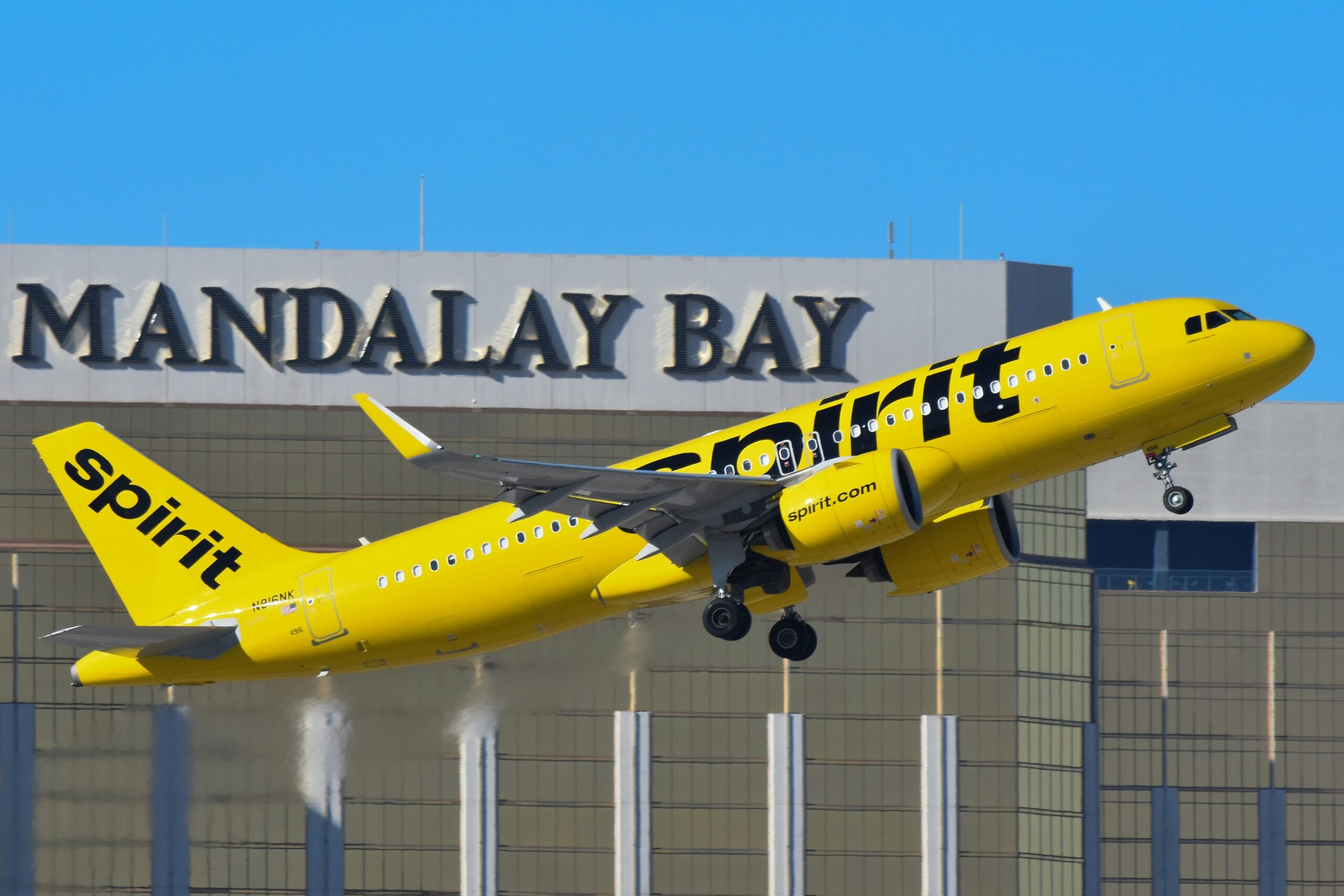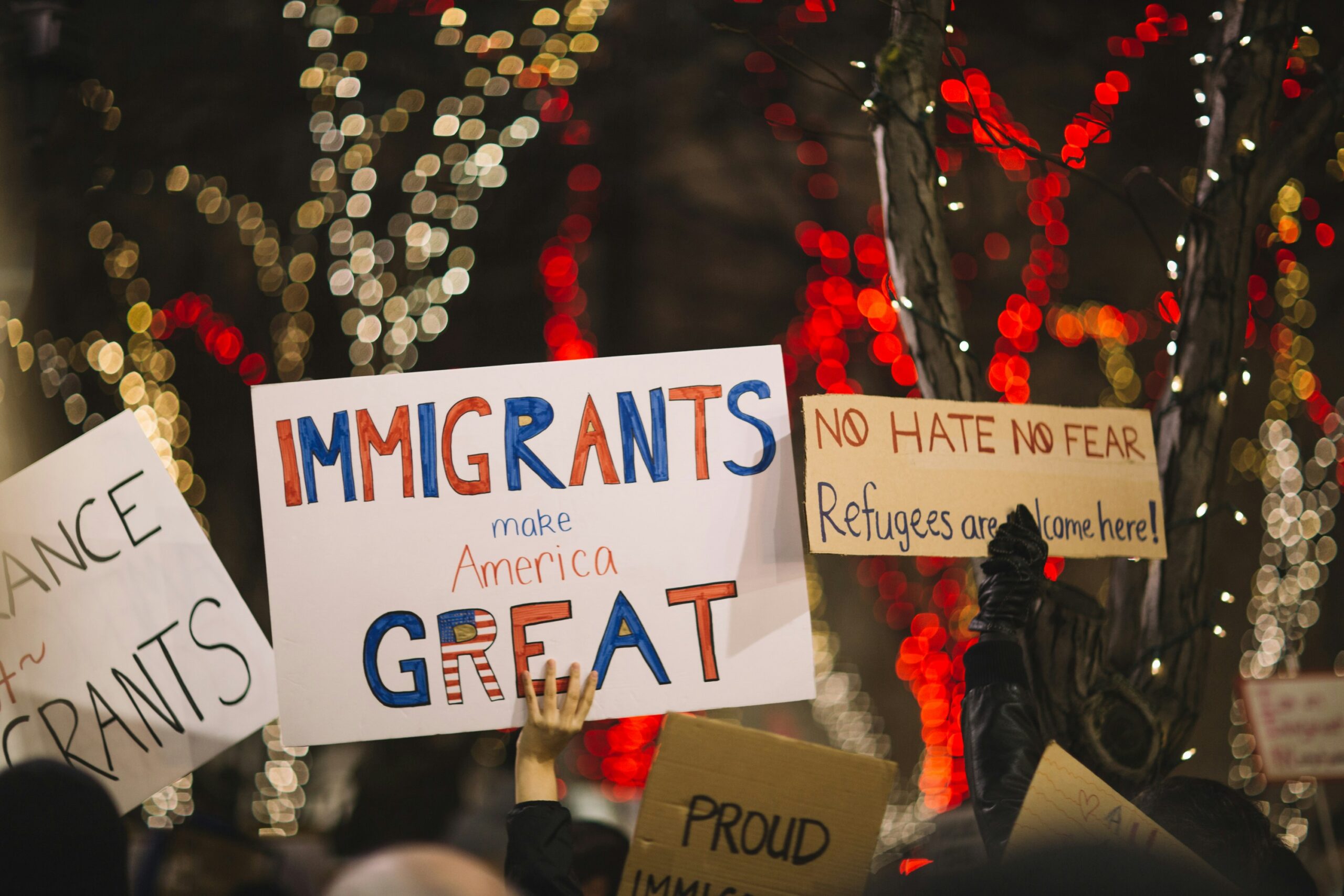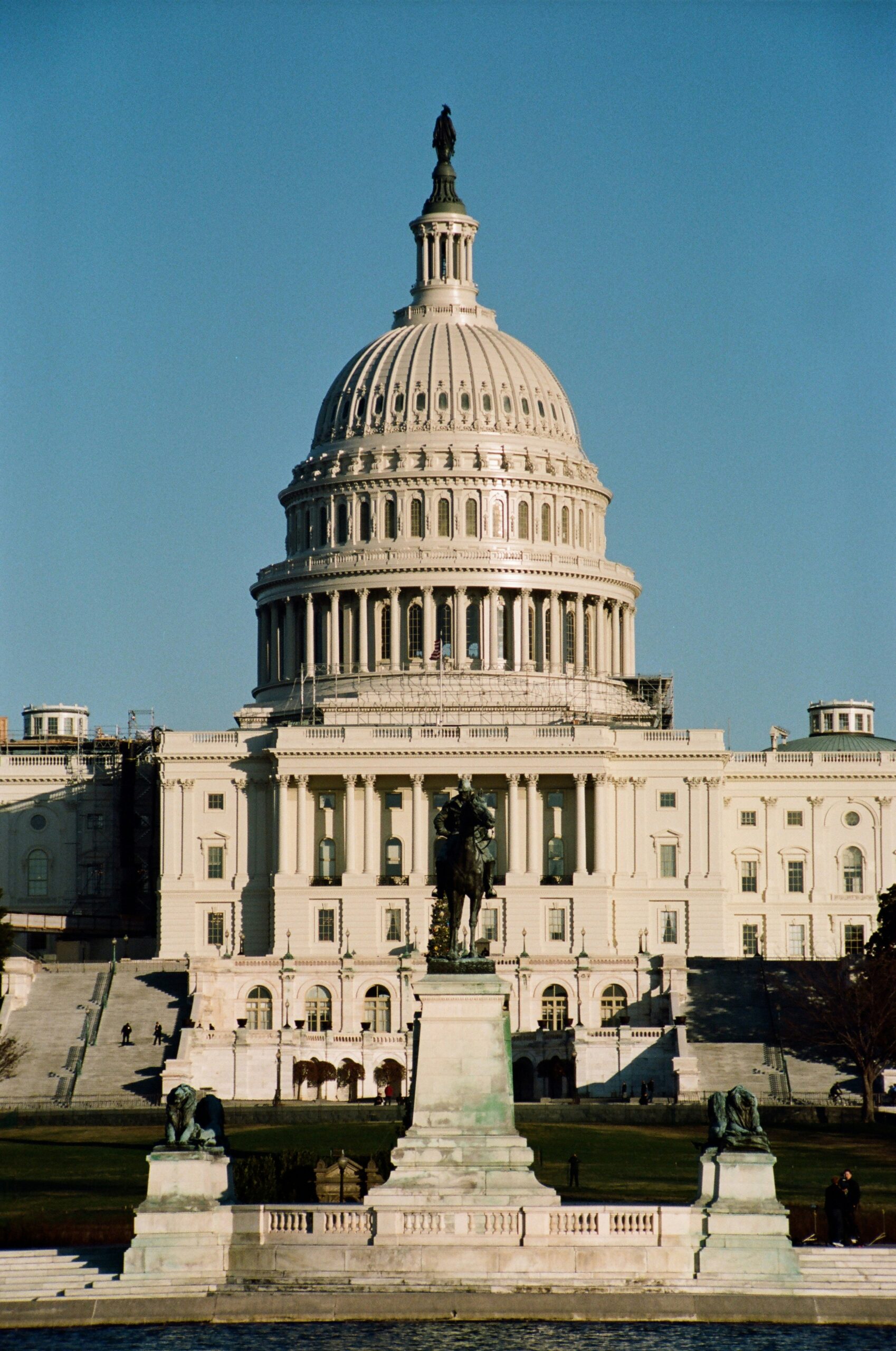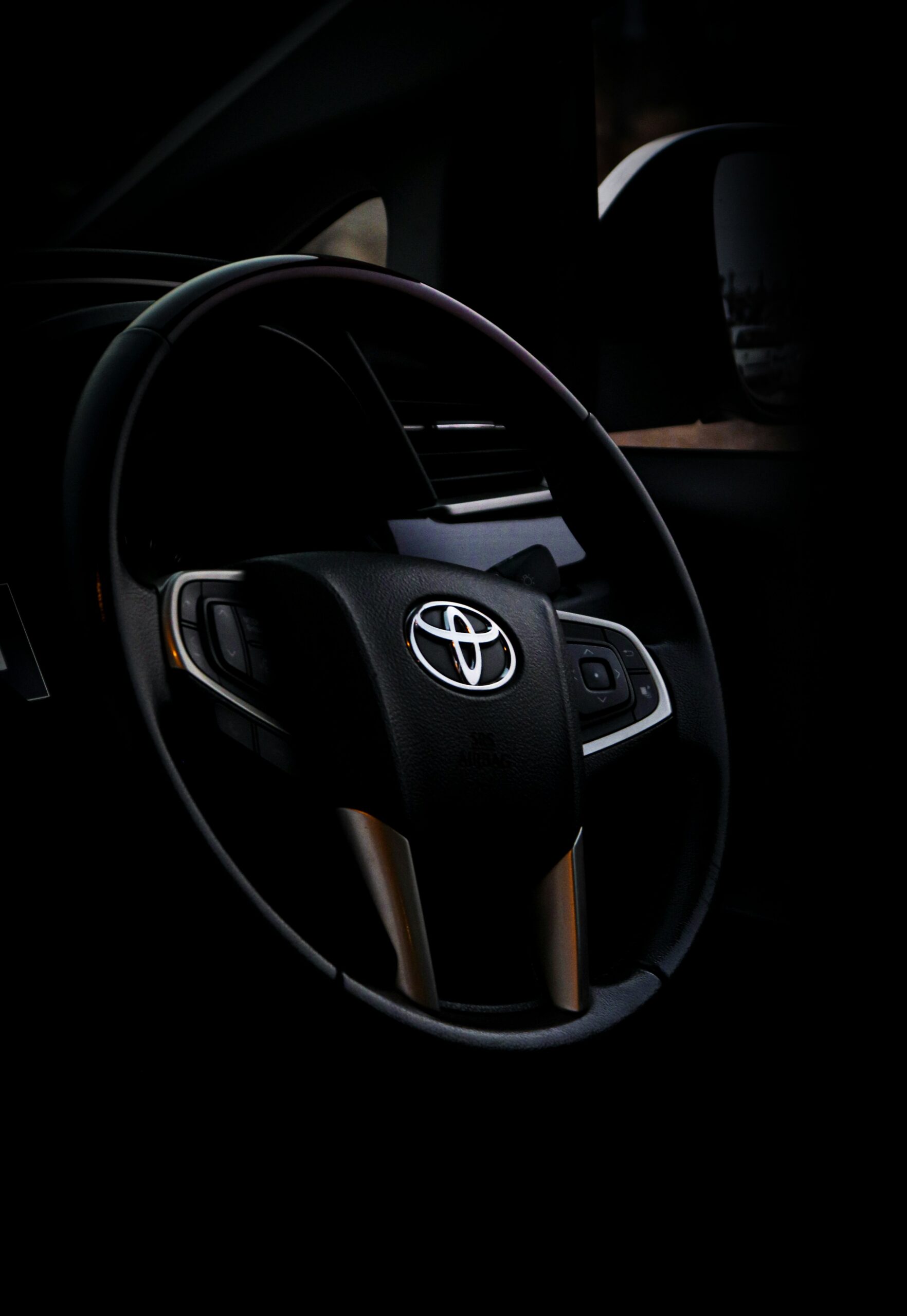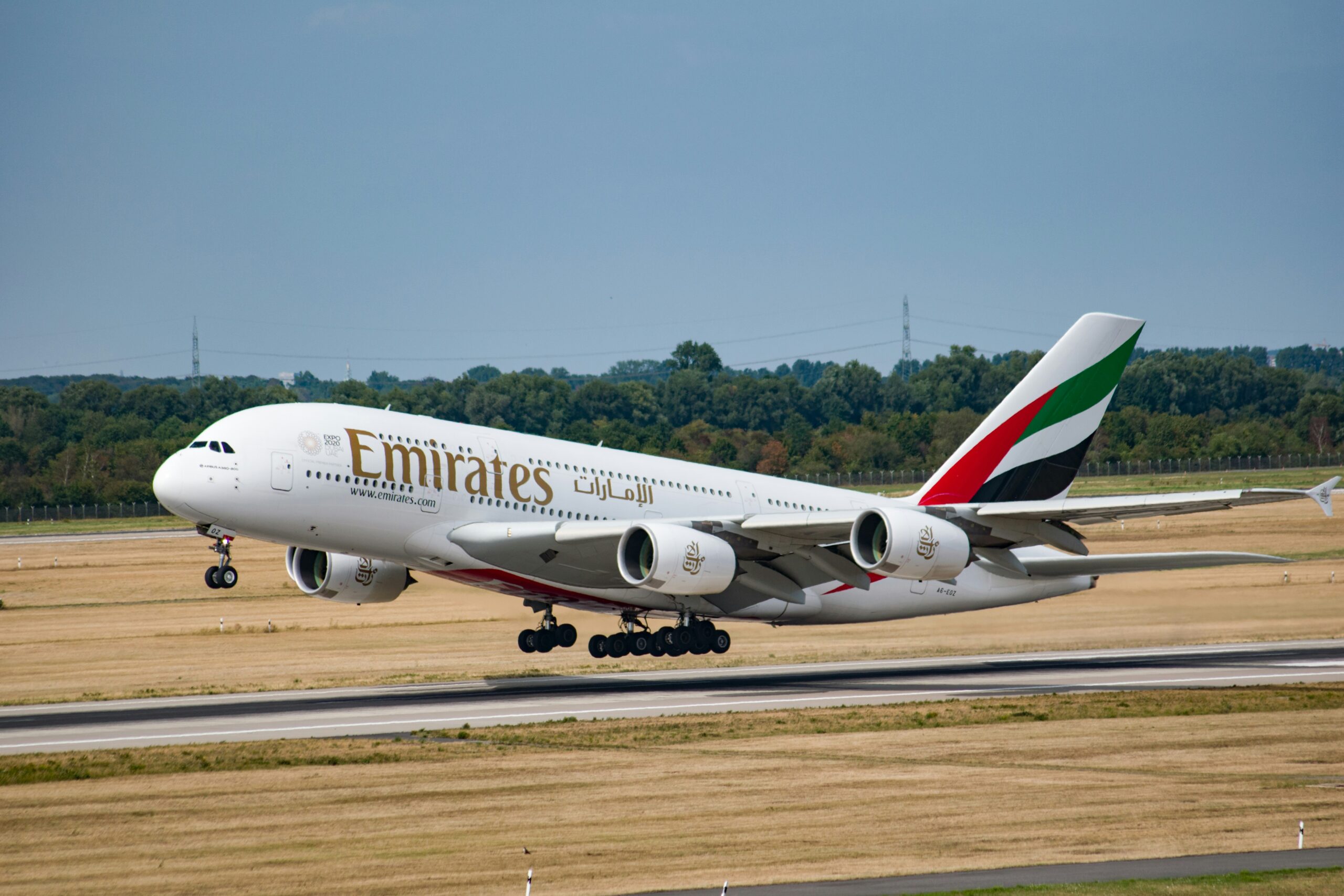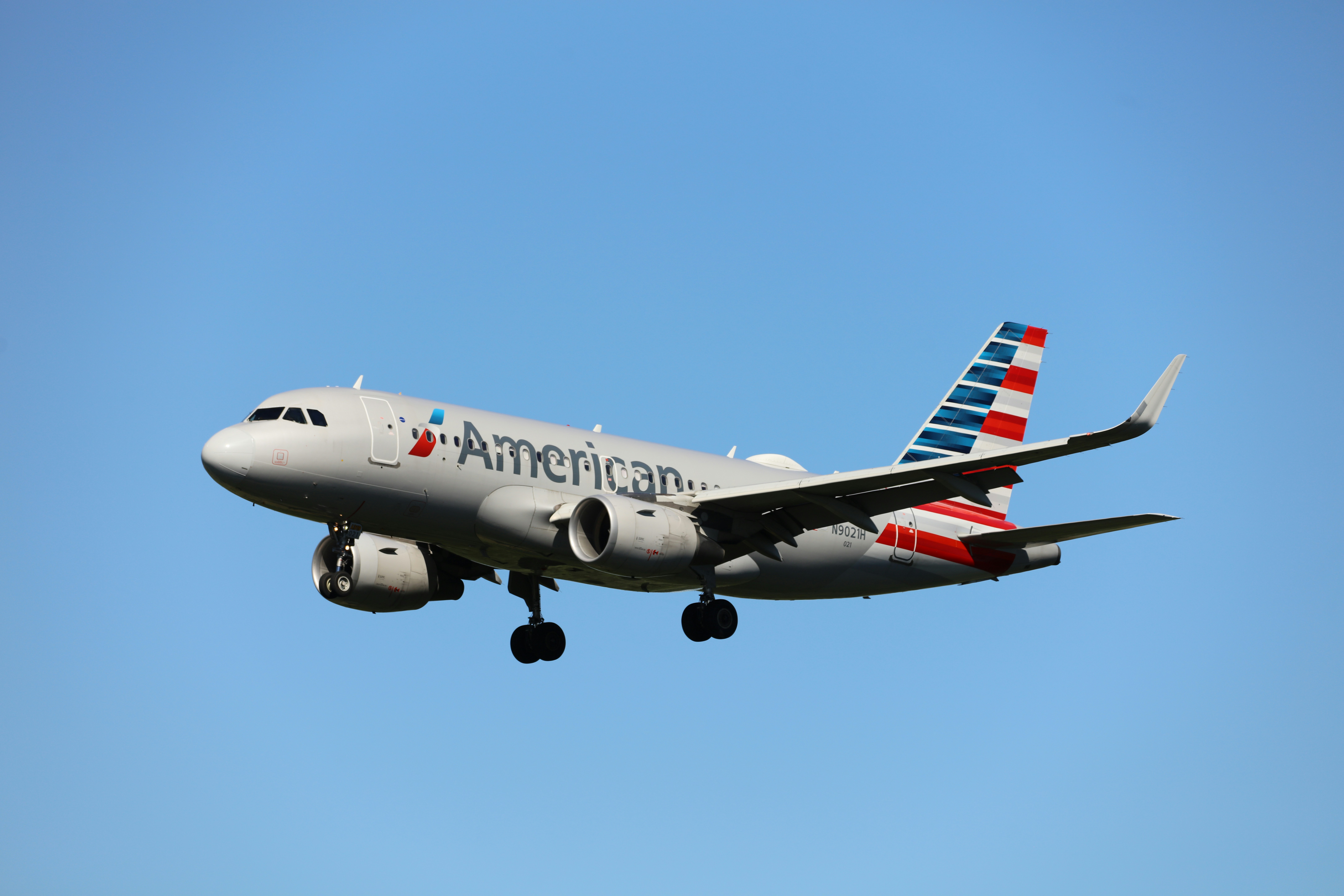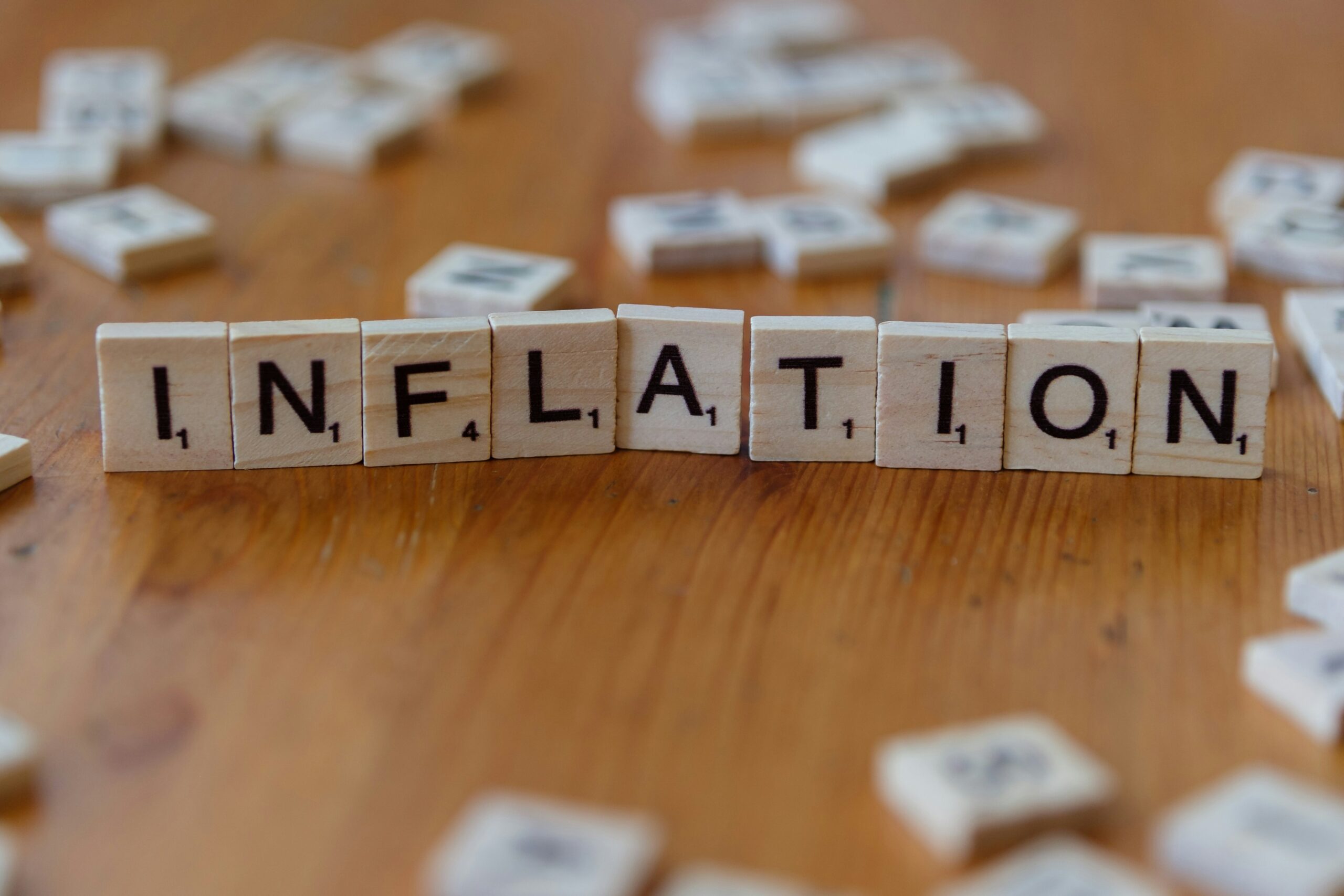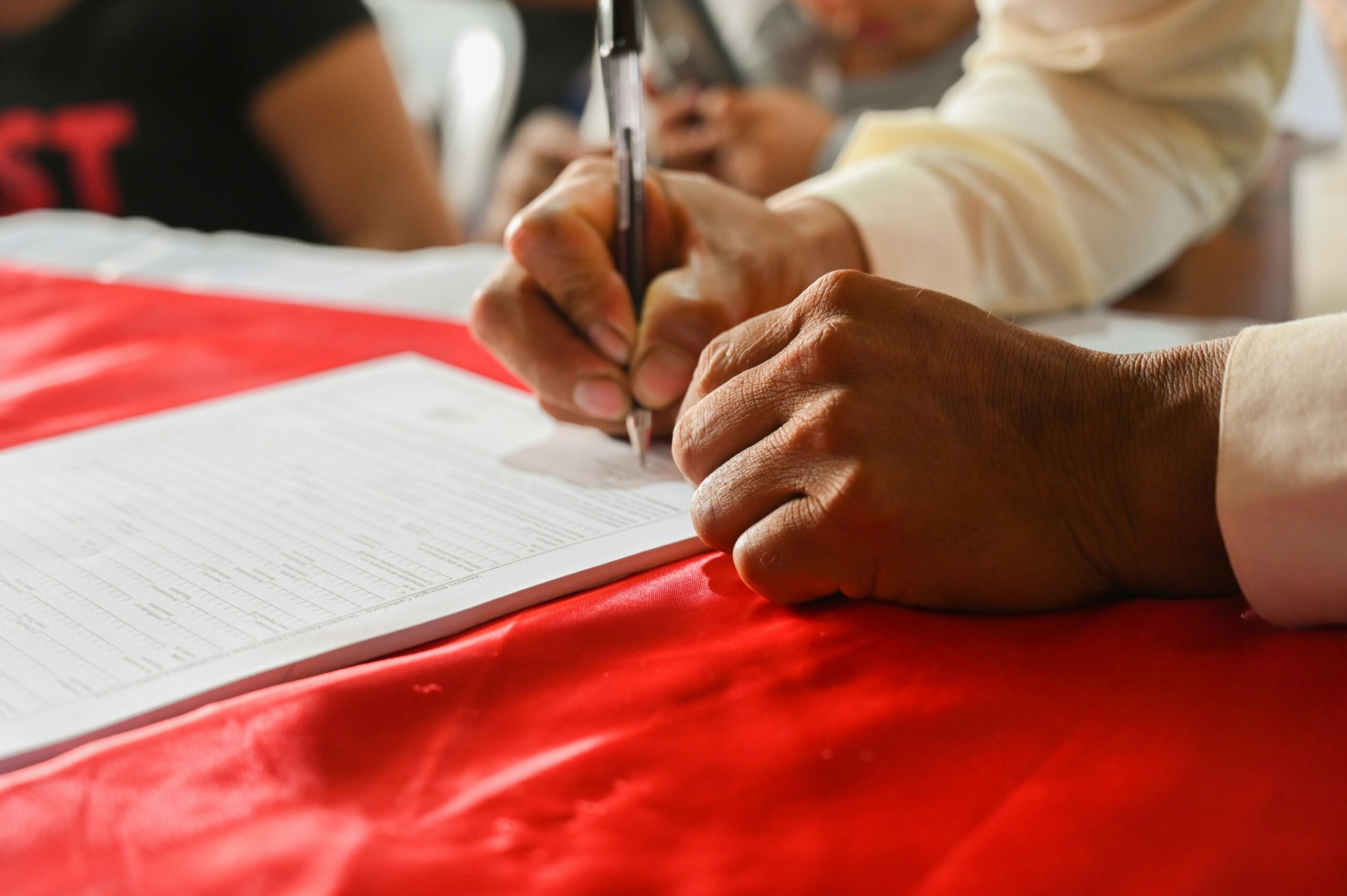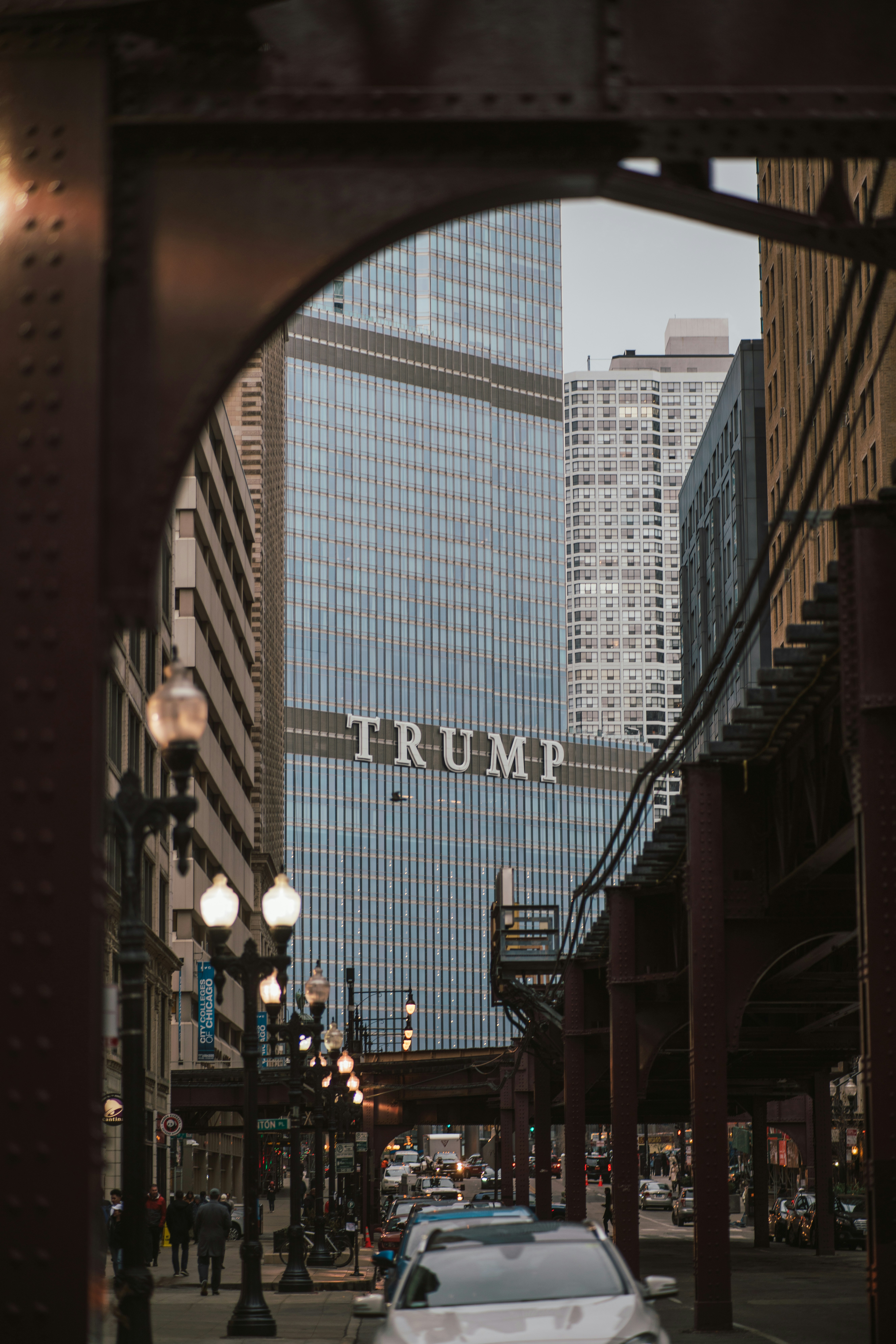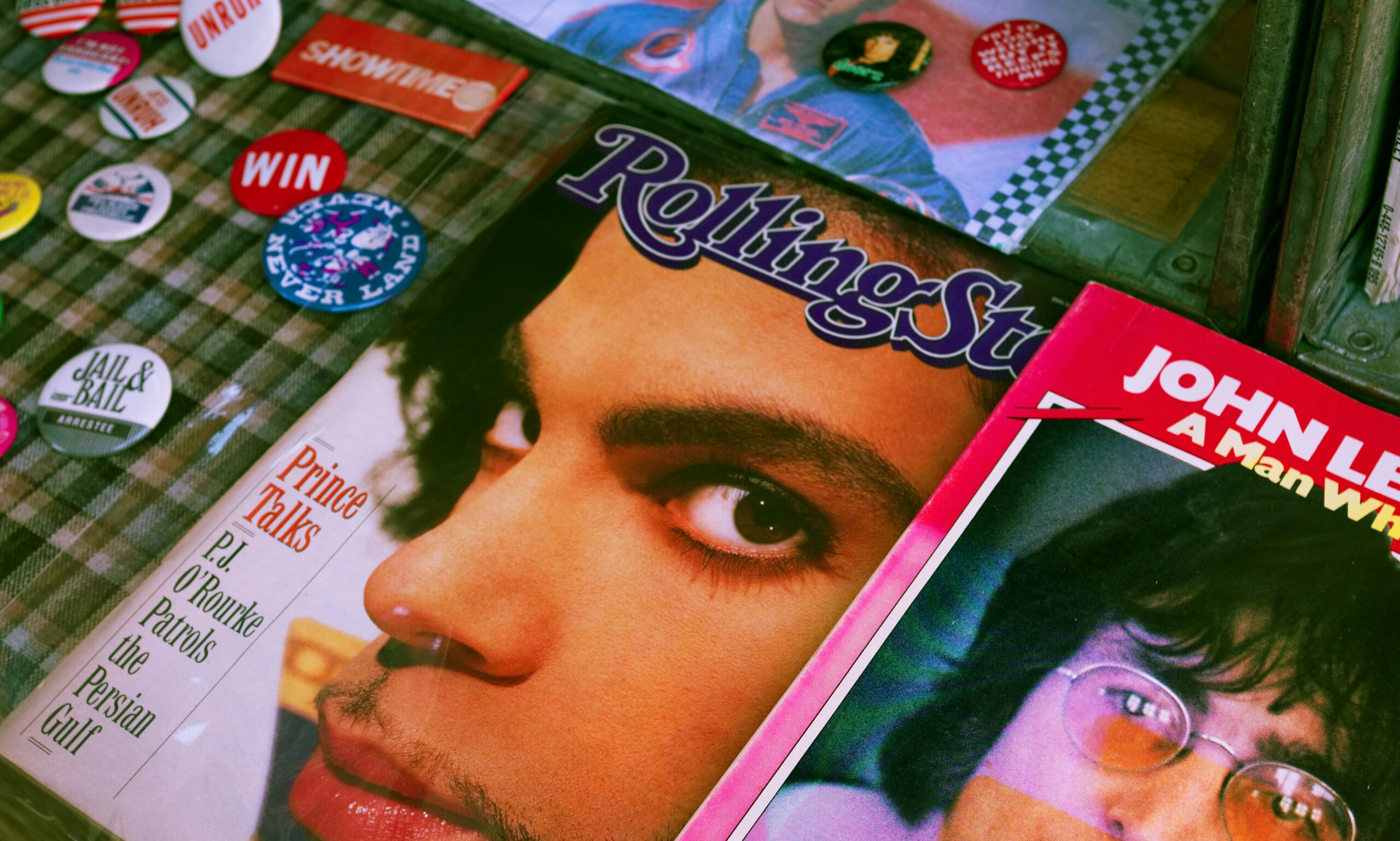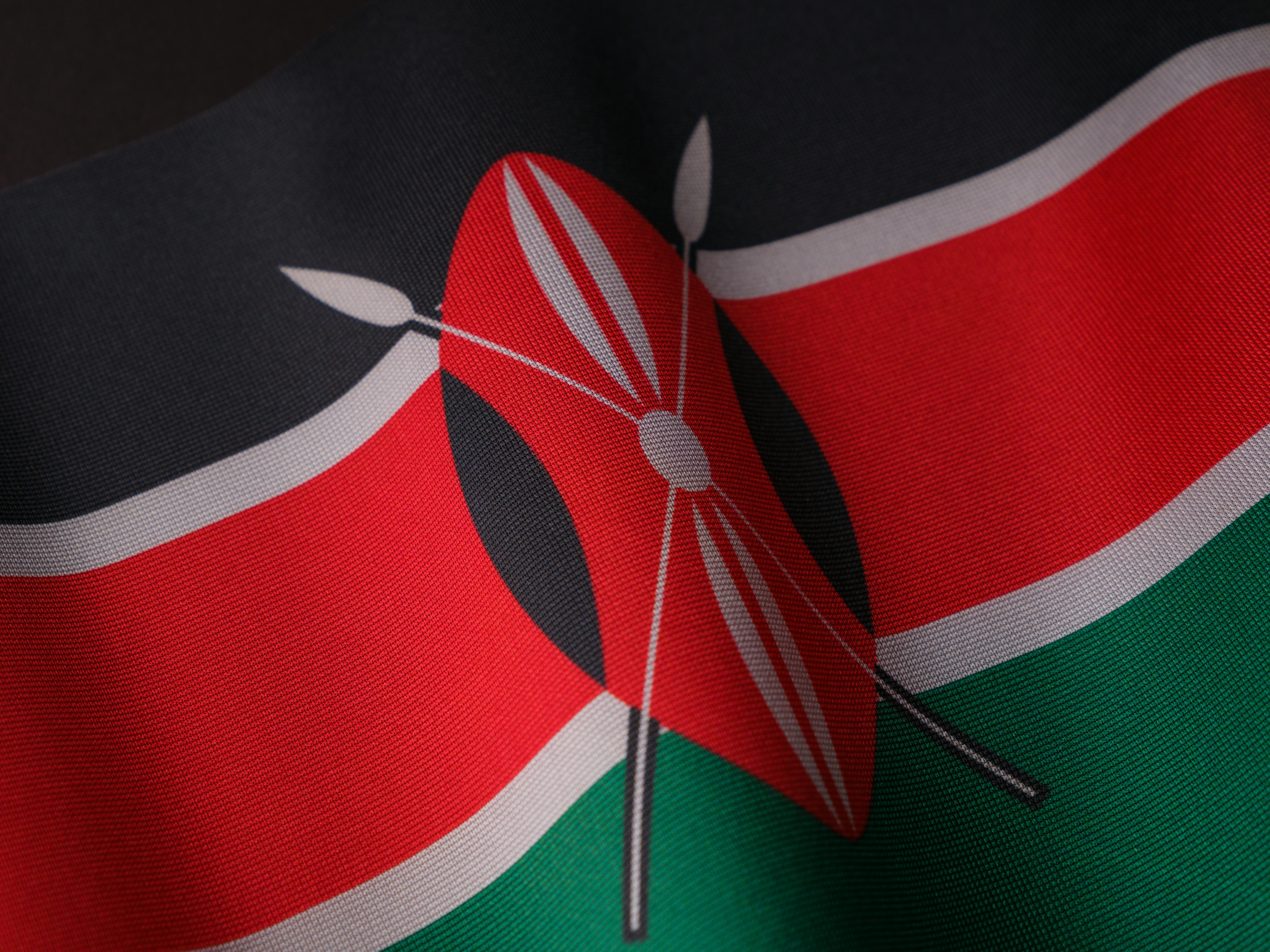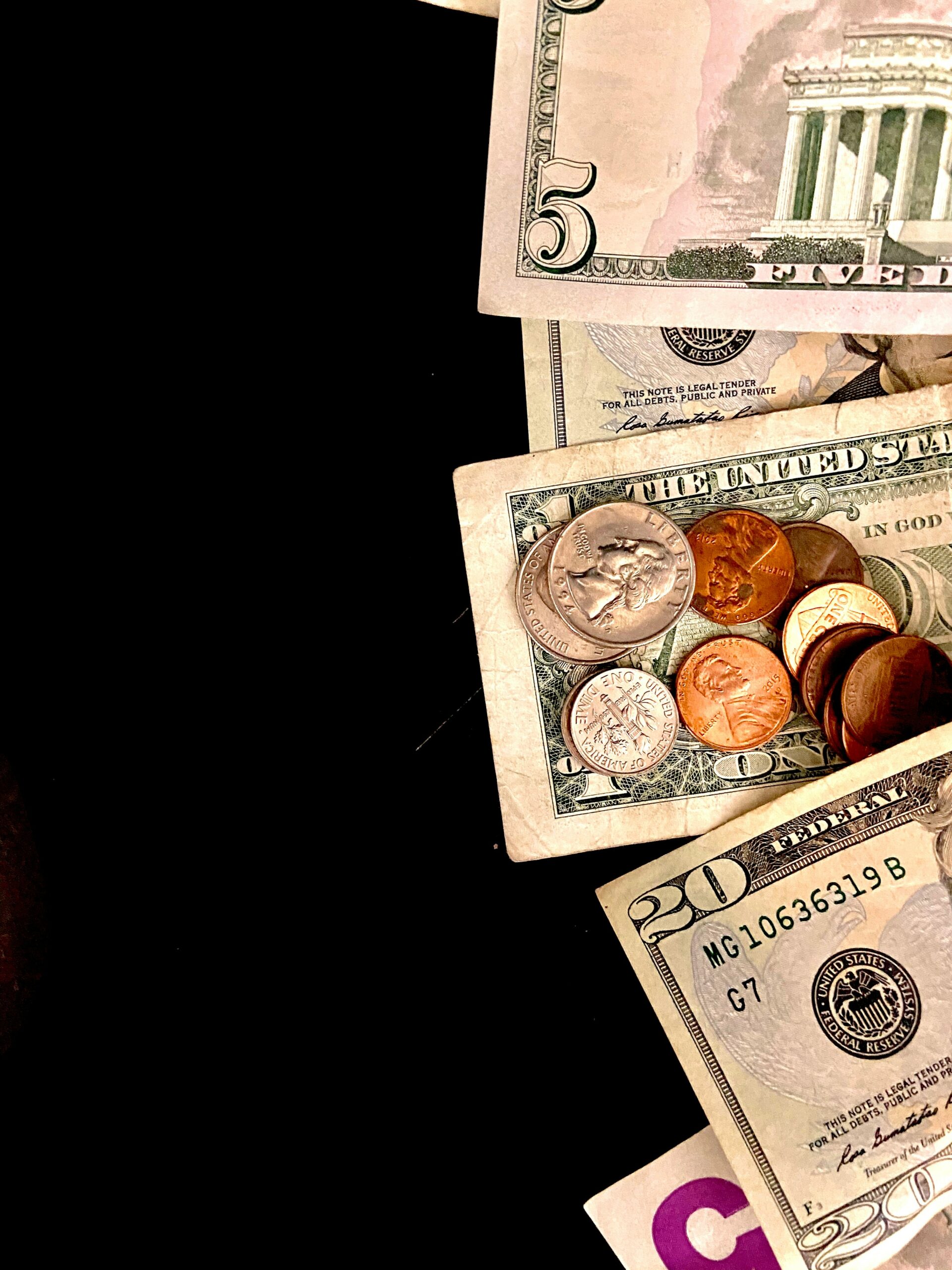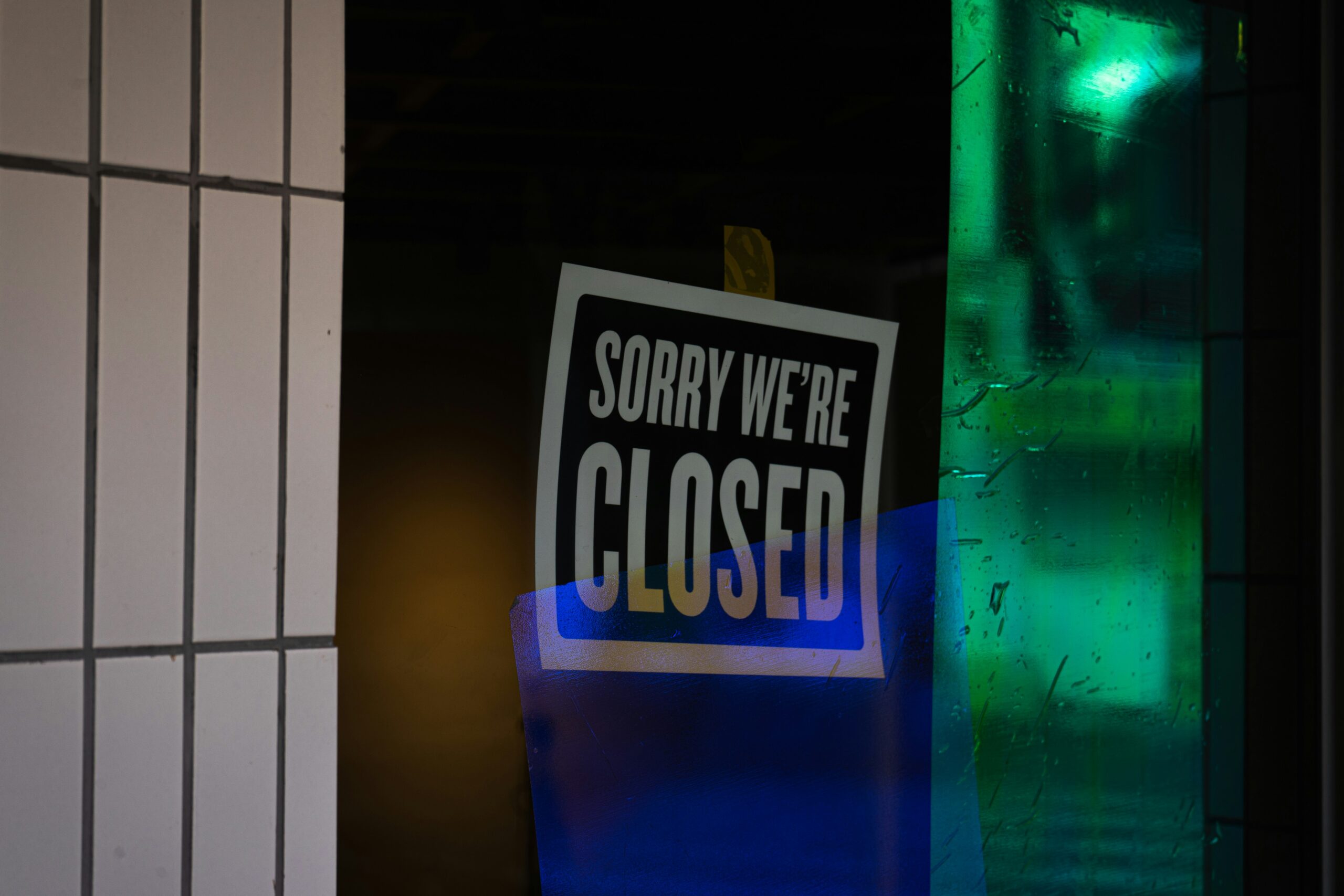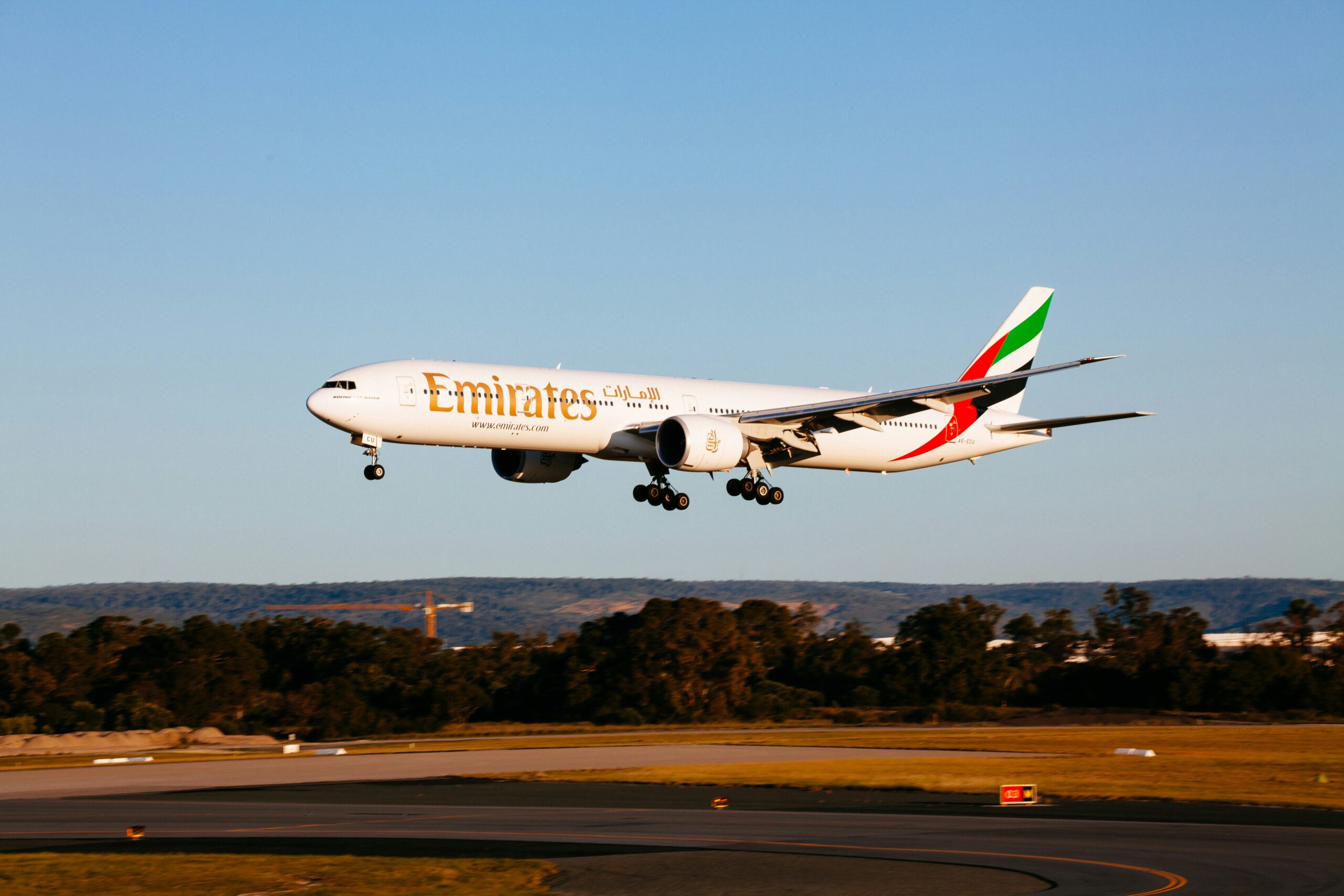Image credit: Unsplash
As other airlines and companies in the U.S. file for bankruptcy and emerge stronger on the other side, such as American Airlines, United, and Delta, Spirit Airlines hopes to see the same results. The company filed for bankruptcy protection on Monday, as the airline company struggles with large losses, unaffordable debt, increased competition for bargain-seeking airline passengers, and Spirit’s troubles merging with other airlines.
Left with little choice, Spirit said last week in a Securities and Exchange Commission filing that it was in “productive” negotiations with its lenders to restructure its debt, with previous filings reporting the company had $3.1 billion in long-term debt on its balance records.
As a result of Spirit’s bankruptcy filing, the company expects to be delisted from the New York Stock Exchange “in the near term,” with its common stock expected to be canceled and have no value as part of the company’s restructuring. The company’s shares had plunged by 59% after it announced it was in talks with creditors. By Friday, shares fell another 18% after reports that a bankruptcy filing was likely imminent.
Emerge Stronger or Potentially Merge
In a statement, Spirit reported that, as a result of its filing and negotiations with existing creditors, the company will be able to emerge early next year with reduced debt and expanded financial flexibility that will “position Spirit for long-term success and accelerate investments providing guests with enhanced travel experiences and greater value.” In addition, Spirit said that its creditors had agreed to add $300 million to the airline to fund its operations throughout the bankruptcy process.
However, there is still a possibility that Spirit will be bought by another airline or be forced to liquidate, which would be a first-time occurrence in the industry.
In recent years, two mergers have been attempted by Spirit Airlines, one with fellow bargain carrier Frontier Airlines and the other merger attempt with JetBlue Airways, which offered more than Frontier, but a federal judge ultimately blocked the purchase on antitrust grounds.
However, a new deal to buy Spirit might not face the same challenges, given that its bankruptcy filing would raise the possibility of a liquidation as an alternative. With President-elect Donald Trump’s Justice Department, which enforces antitrust laws, positioning to take more control, such a merger might not face the same opposition that it did with the Biden administration. Over the last four years, several mergers that might have gone through in the past were challenged on antitrust grounds.
The company’s challenges could potentially result in higher fares across the industry, particularly when Spirit’s low-fare model prompted major airlines to find ways to compete, offering “basic economy” seats on their planes. Should Spirit need to tighten its schedule or cut trips to cities it serves, go out of business, or get bought out by a larger airline, the pressure to offer cheaper fares will be reduced.
The Good and the Bad
Having transformed the airline industry, Spirit is known for introducing the U.S. market to ultra-low base fares to fly but charging for all the “frills” enjoyed by passengers, such as larger seats, reserved seating, baggage fees, and even water.
Spirit’s average domestic round-trip economy fare this year stands around $136, without taxes and fees, according to data from Cirium, an aviation analytics firm. This price is 61% lower than the U.S. airline industry’s average and 69% less than the average of the four major airlines: American, United, Delta, and Southwest.
While the airline company gained popularity due to its very low base fares, many passenger complaints have been voiced regarding frustrations over the cost of checked baggage, continually delayed or canceled flights, and disappointing customer service. Spirit joined Frontier as the bottom two airlines in the most recent passenger satisfaction survey conducted by JD Power.
Despite its recent filing, Spirit said it will continue to operate while it restructures its debt, further saying, “Guests can continue to book and fly without interruption and can use all tickets, credits and loyalty points as normal.”
